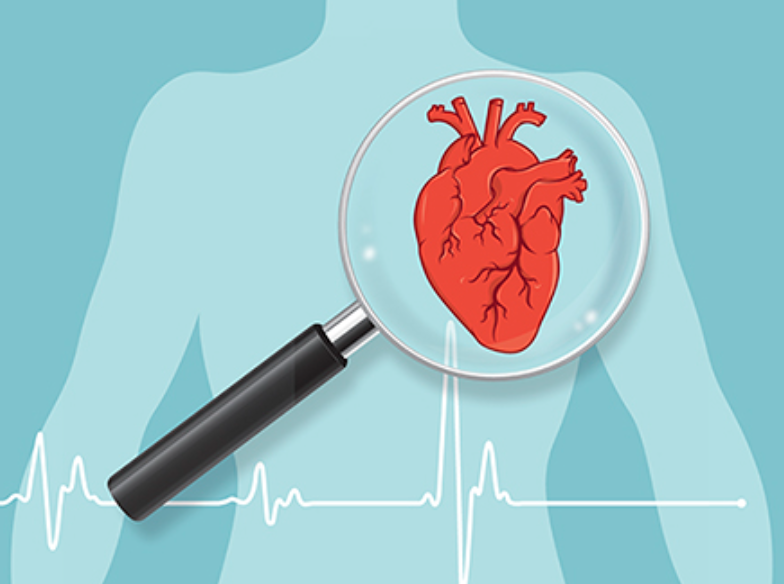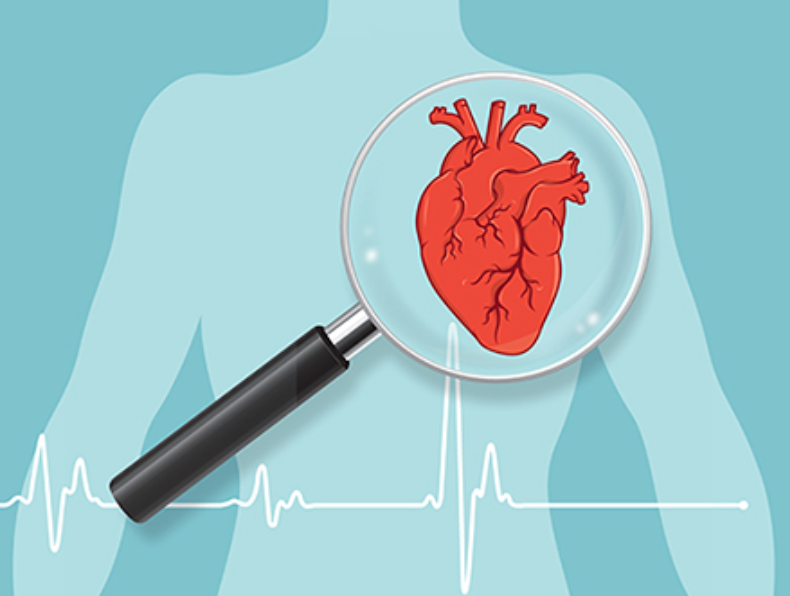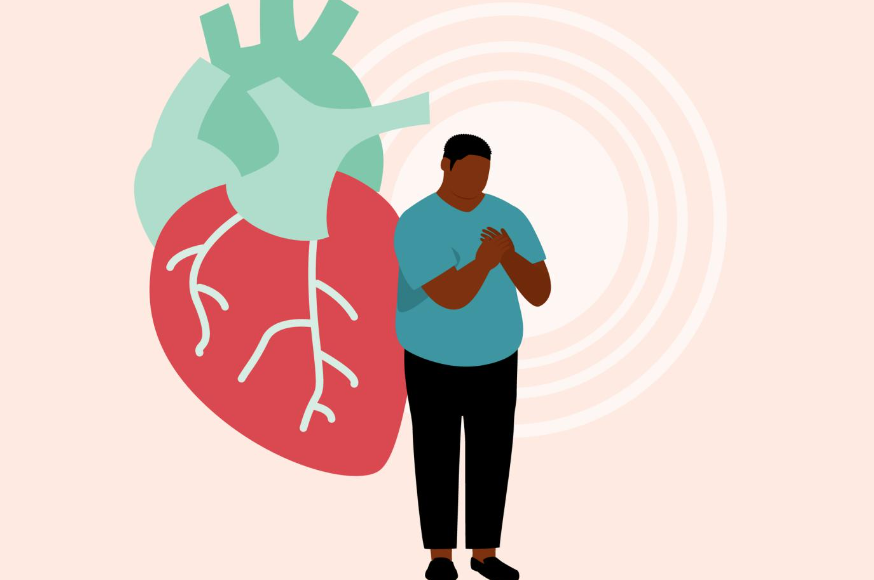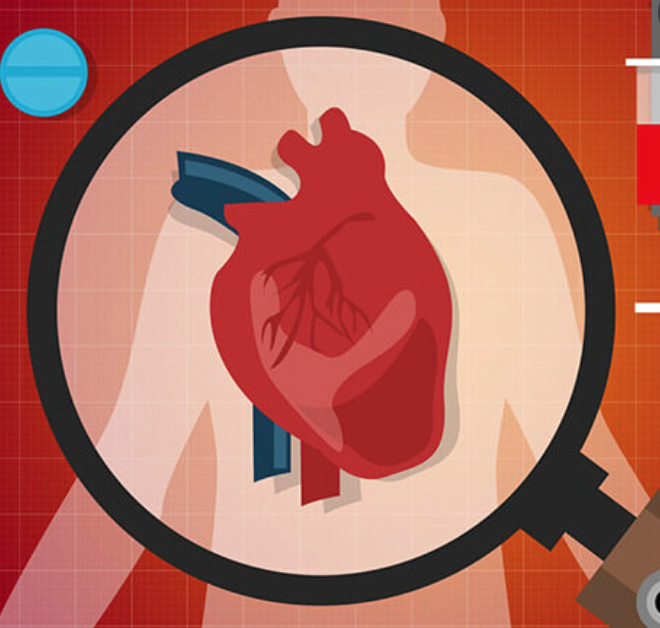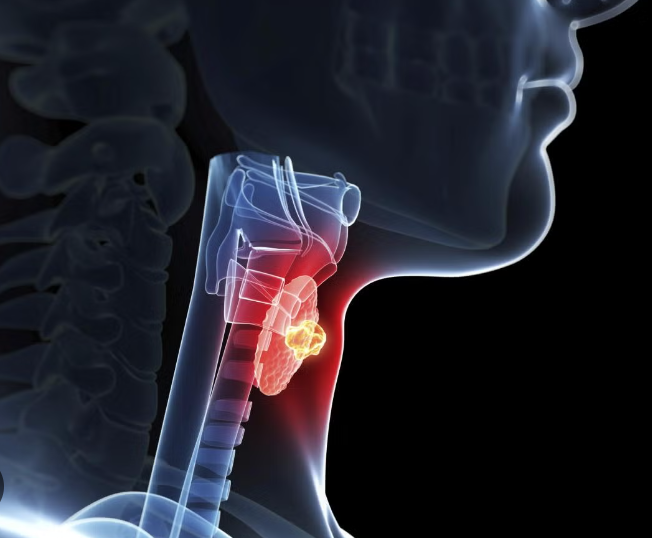Blood pressure is the pressure that occurs when blood pushes against the walls of your arteries. Arteries carry blood from your heart to other parts of your body. Normal blood pressure is less than 120/80 mm Hg. High blood pressure, also called hypertension, is blood pressure that is higher than normal. High blood pressure is consistently at or above 130/80 mm Hg.

